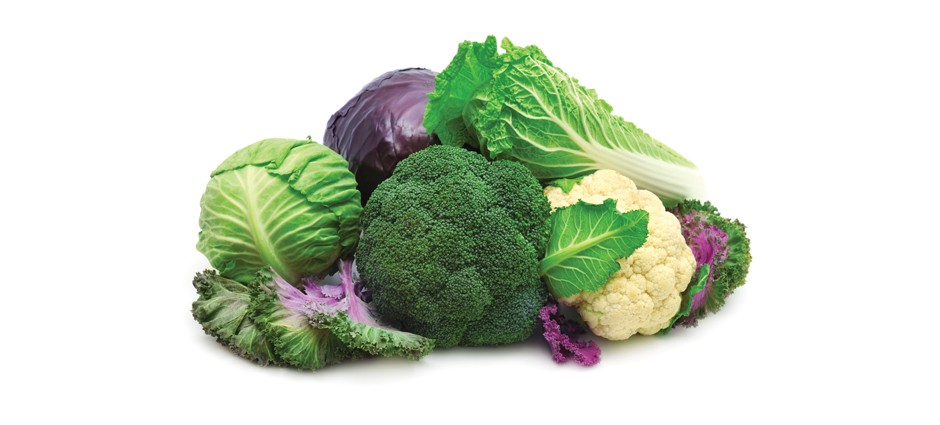Vitamin K doesn’t get much press—especially compared with the buzz around vitamins C, D and the B’s—but perhaps it should. A 2017 Dutch study published in Nutrients found that nearly one-third of the general Dutch population was low in functional vitamin K. What’s more, 50 percent of those studied who were elderly or who had conditions such as high blood pressure, type 2 diabetes, cardiovascular disease and chronic kidney disease were vitamin K deficient. More studies are needed to know if low K levels helped cause the diseases, but an association was clear, researchers concluded.
See also The Power of Vitamins.
Part of the problem might be the tricky nature of vitamin K. There are two kinds of K found in food: K1 and K2 (K3 is a synthetic form). But the dietary guidelines are based on K1, which is more prevalent—it’s abundant in many vegetables, especially leafy and cruciferous ones like kale, chard, brussels sprouts, broccoli and asparagus—and enables blood to clot. But scientists think K2 is more important than K1 for functions like bone metabolism and preventing hardened blood vessels. The catch: K2 is found almost exclusively in animal products—such as most meat (especially animal livers, but also poultry, pork and beef), cheese and egg yolks. The only plant source of K2 is natto, a fermented soybean dish popular in Japan.


